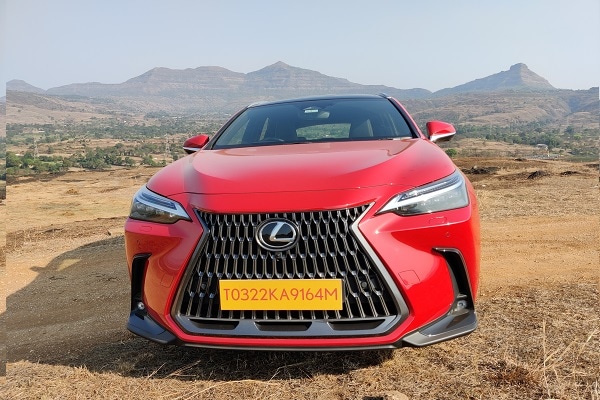Transport Ministry standardises process for issuing international driving permit
- The provision for QR code to link international driving permit (IDP) with the driving licence has also been made.


The Ministry of Road Transport and Highways (MoRTH) has issued a standardised procedure for issuance of international driving permit across the country in accordance with the Convention on International Road Traffic of 1949. In a notification issued on Monday, the ministry said that the provision for QR code to link international driving permit (IDP) with the driving licence has also been made.
At present, the format, size, pattern and colour of IDP being issued across states differ, due to which many citizens face difficulties with their respective IDPs in foreign countries. The notification issued by the ministry read, “Now, through this amendment, the format, size, colour, etc for IDP has been standardized for issuance across India, and in adherence to the Geneva Convention."
Also check these Vehicles
India is a signatory to Convention on International Road Traffic of 1949 (Geneva Convention), and is required to issue IDP as provided under this Convention, for the acceptance of the same on reciprocal basis with other countries.
Also Read : This Made-in-India helmet is a wearable air purifier, gets USB slot
As per the Transport Ministry notification, a comparison of vehicle categories across various Conventions and Central Motor Vehicle Rules, 1989 has also been added for facilitation of regulatory authorities. Helpline numbers and e-mail have also been provided.
Last month, the ministry issued a notification stating the standards of tyres for passenger cars, trucks and buses viz-a-viz rolling resistance, wet grip, and rolling sound emissions. These standards will come into effect from October, an official statement noted. "(The notification) mandates (these) requirements for tyres falling under classes C1 (passenger cars), C2 (light truck) and C3 (truck and bus), as defined in the Automotive Industry Standard 142:2019," the statement added.
As per the notification, all existing tyre designs will have to comply with wet grip and rolling resistance standards from next April and less rolling noise standard from next June. The tyres will have to meet wet grip requirements and stage two limits of rolling resistance and rolling sound emissions as specified in the Automotive Industry Standard (AIS).








 40 kWh
40 kWh 150 Km
150 Km
 3996.0 cc
3996.0 cc Petrol
Petrol


















